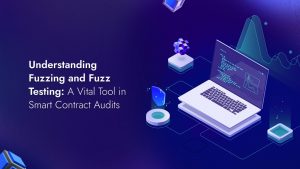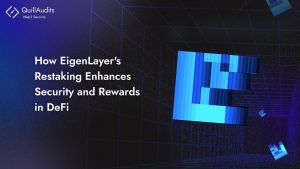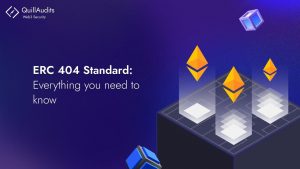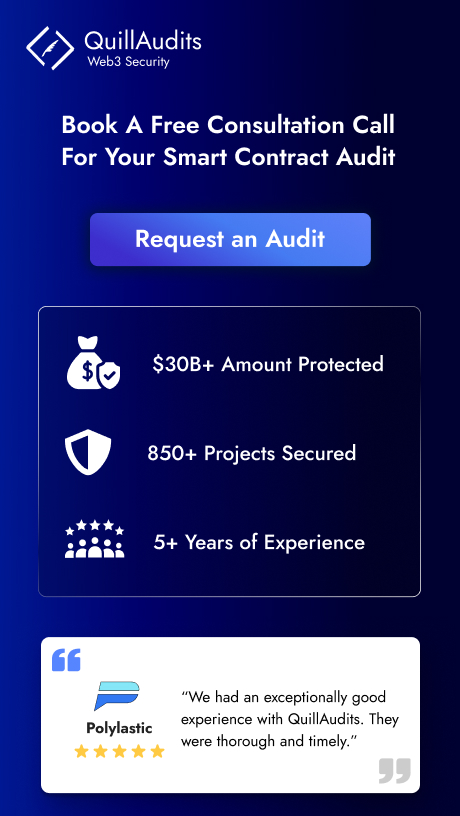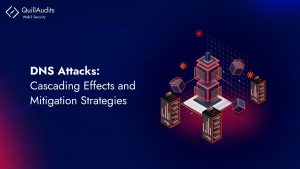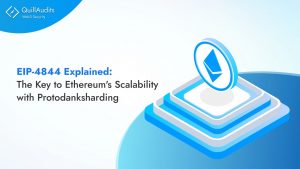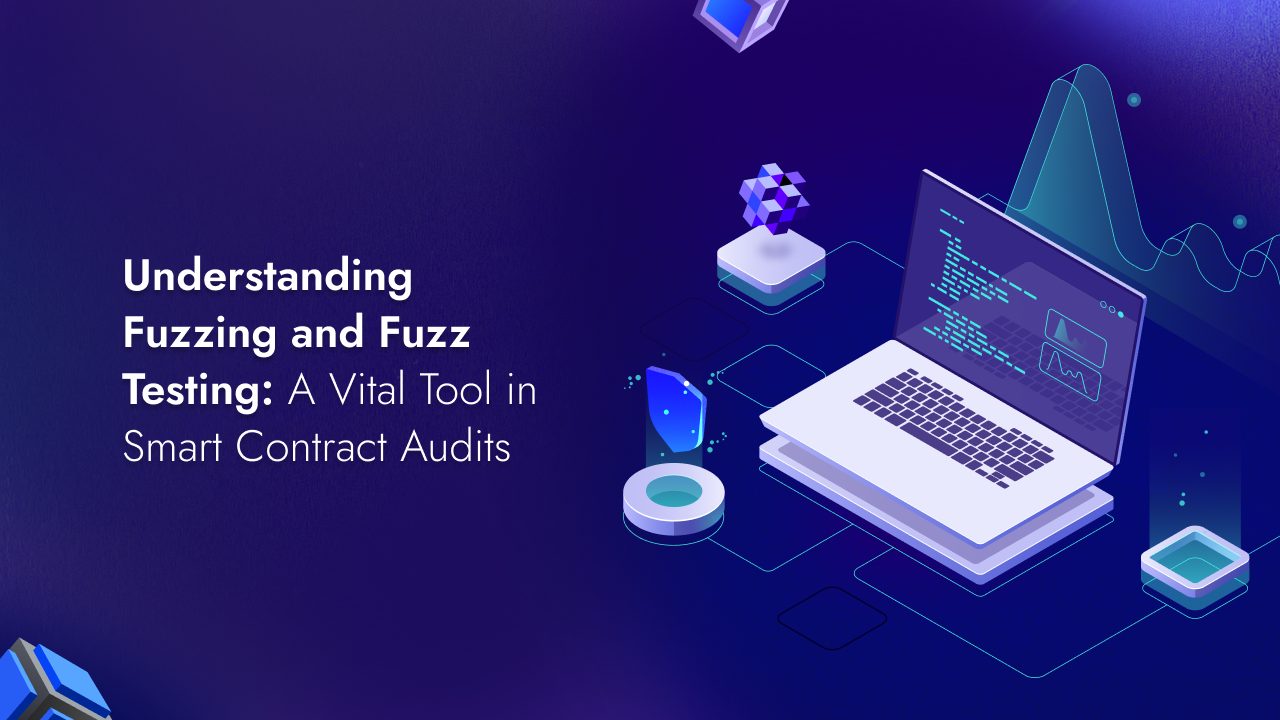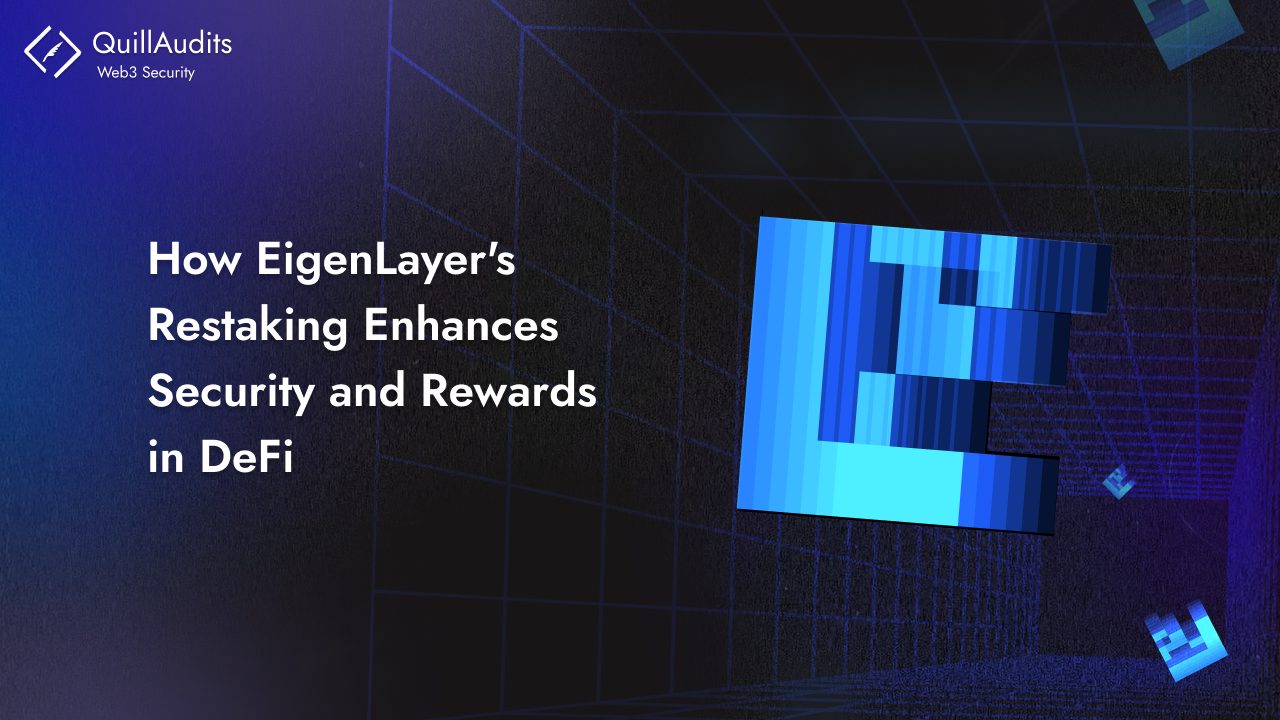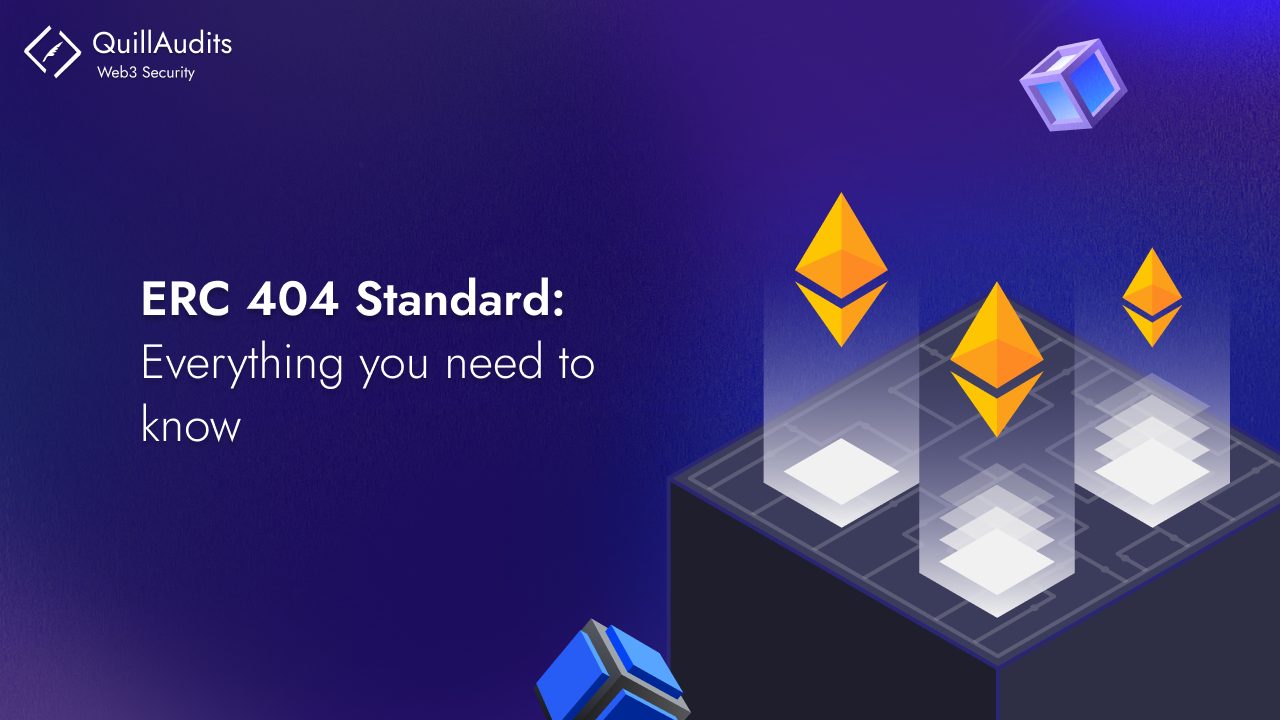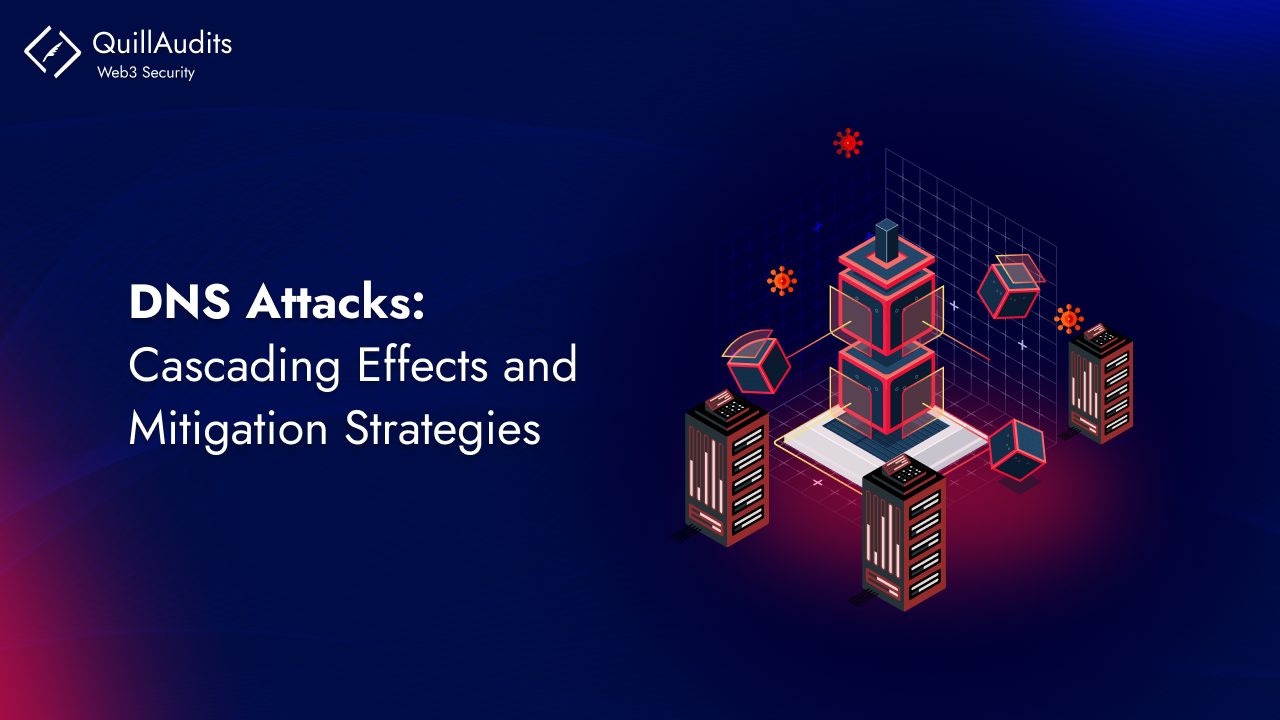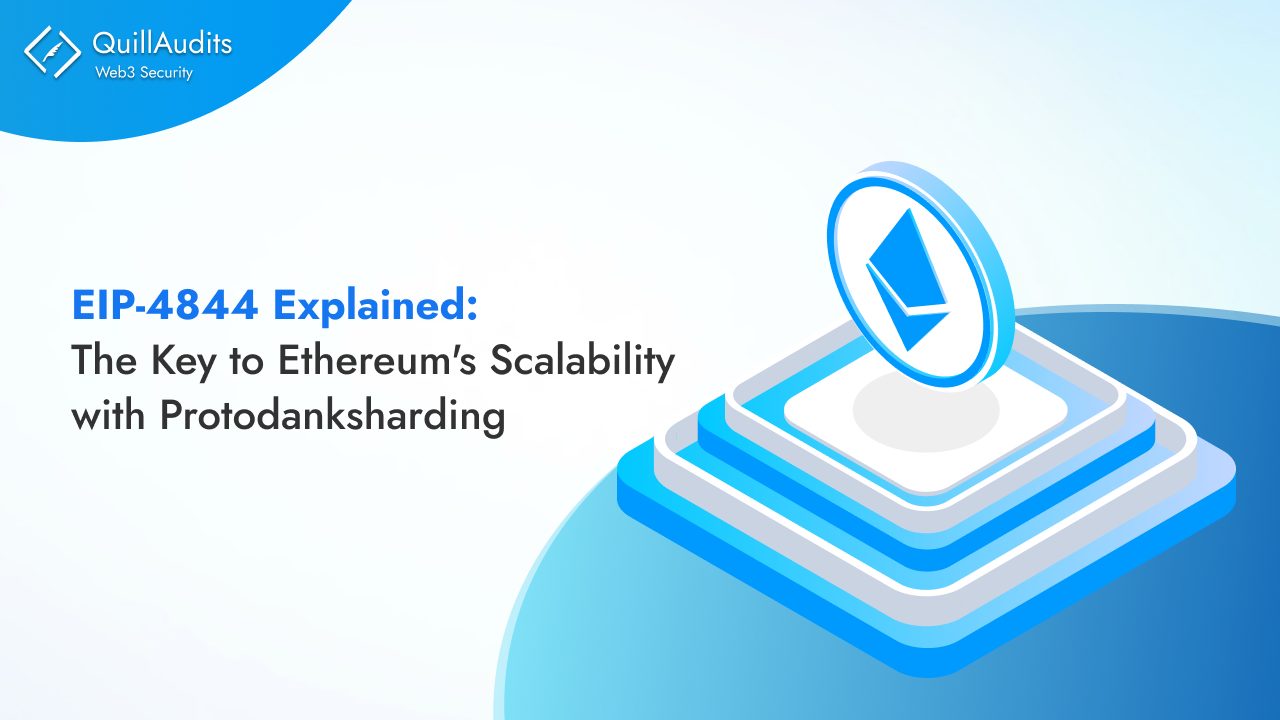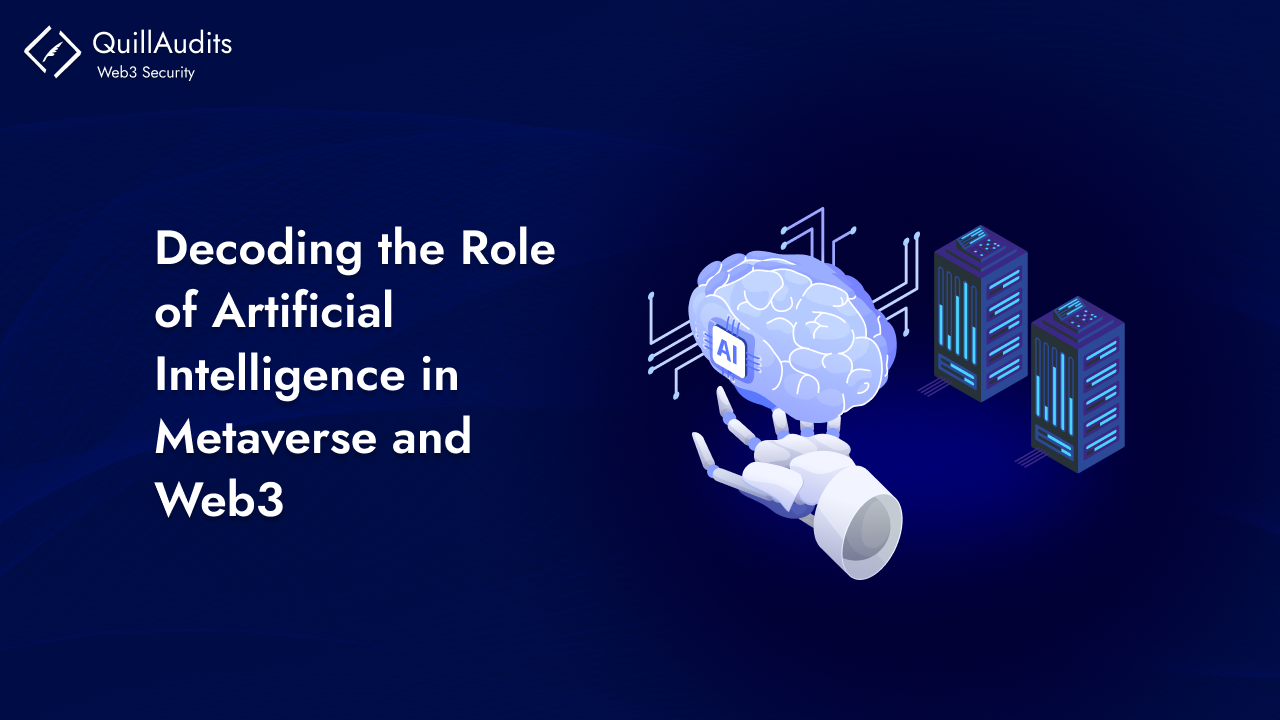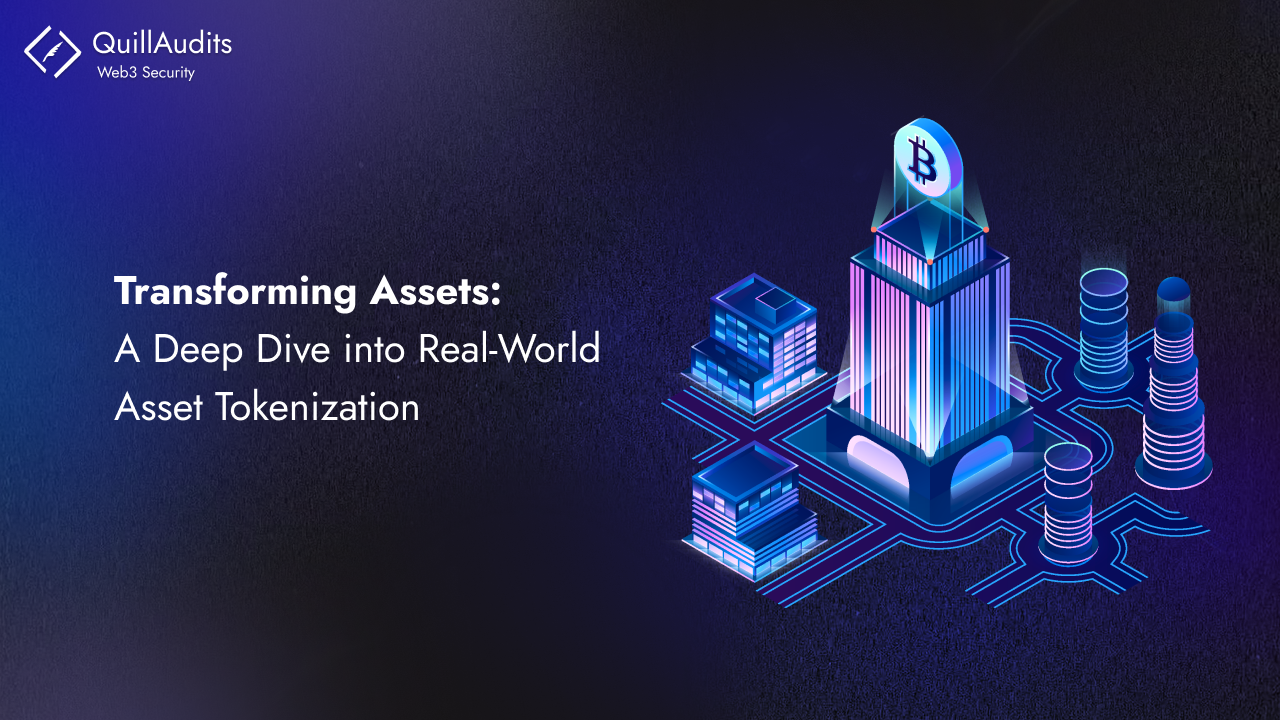New terms are popping out quite fast in a field as innovative as crypto. One gaining a lot of traction is GameFi, a model disrupting the conventional gaming industry. GameFi is blockchain-based monetization of gaming experience, combining cryptocurrencies, DeFi, and play-to-earn NFT crypto game model.
Crypto gaming has revolutionized the way games are played and subsequently has altered the game economy.
Let us talk about the economy later and allow the core thing to come first.
What is crypto gaming?
Crypto gaming or GameFi combines two major components of the crypto ecosystem – Gaming and Decentralized Finance (DeFi). GameFi does gamify financial systems, enabling players to earn while they play.
Play-to-earn & asset ownership – major mechanism powering GameFi
Various blockchain-based games have different reward mechanisms for players. Play-to-earn (P2E), a buzzword these days, rewards players for completing pre-set objectives in the game. The rewards are typically native tokens distributed via a smart contract on players meeting certain conditions.
Asset ownership is another robust mechanism powering GameFi. The digital assets are all NFTs (non-fungible tokens) irrefutably establishing ownership. Depending upon the game, players may generate rewards actively or passively.
They may also be able to use specific NFTs in many games. Players might collect and handle the NFTs or trade/sell them on secondary markets. They can earn the price of an asset in crypto and later sell it for fiat.
How GameFi has borrowed DeFi elements
GameFi uses DeFi concepts like liquidity pools, yield farming, and staking. Often, players will figure out the best yield strategy for themselves, taking into account various relevant factors. There could be a game where you don’t have to spend your hard-earned money to buy in-game resources.
Rather, you play, meet targets, and earn rewards that you can deposit into a savings account, aka pool. With enough tokens in the pool, you can purchase the in-game resources you want.
Staking is another application where NFT crypto gaming players can put a certain number of tokens under lock to earn annual interest and other rewards. The purpose of staking is to lock native tokens to support the security and operations of a blockchain network.
Yield farming is also quite like staking, referring to the process of garnering rewards with crypto NFT game holdings.
How GameFi projects run
GameFi projects are NFT-based economies. These digital tokens used to establish ownership of limited intangible game objects enable game designers to adopt a play-to-earn model. All GameFi items such as avatars, plots of land, weapons, costumes, gold chests, etc., are NFTs that the players can gain ownership of on attaining predetermined targets.
NFT crypto gaming players can boost their earning potential by enhancing the quality of assets they are holding. They might need to get better weapons for their characters or create monetized structures on their land that they can use to earn.
Other gamers might want to use these structures and pay for them. Tournaments might also be arranged on GameFi projects, and seasoned players will compete against one another. All NFTs and data regarding cryptocurrency transactions are stored on a public blockchain, making proceedings completely transparent and verifiable.
Must Read: The Big Four Working Towards Blockchain Auditing
How GameFi has put in place a decentralized gamified financial structure
GameFi has been instrumental in arranging a decentralized and gamified financial system focused on the player. Video game development, which was in vogue before this model, was highly centralized. GameFi has moved the power to the players’ hands.
A decentralized autonomous organization (DAO) helps achieve this decentralization, allowing governance token holders to vote on proposals directly bearing the way the game is played.
While giving players a decisive role in the game’s development, GameFi brings financial advantages to them with its P2E concept. Who could have envisaged that players will be paid for playing a crypto NFT game? In effect, this has created a gig economy, enabling people to earn on the sidelines. As GameFi grows, players’ earnings are set to rise as well. There will be more opportunities to earn substantial rewards.



Role of smart contracts in GameFi
All rewards in gaming NFT crypto are released via smart contracts, with no role for humans. It automates the operation and makes it devoid of any prejudice.
Moreover, smart contracts are sophisticated enough to handle complex reward distribution in NFTs games to multiple receivers and maintain data.
There is a cliché, though. The game developers have to ensure the smart contract has been thoroughly audited. With the success of the whole project depending on the smart contract, caution cannot be thrown to the winds.
Wrapping up
P2E gaming, backed by the combined might of NFTs, DeFi, and cryptocurrencies, is growing at a pace that looks incredible. With each passing month, the engagement level on these games is increasing. Technological innovations like NFTs and DeFi have introduced a novel model to gaming, transforming the way games were approached.
The onus of powering GameFi is on smart contracts, and a thorough audit is critical to the success of the GameFi project. It would be best if you had professionals on board who know smart contract auditing for gaming NFT crypto projects inside out so that you can go ahead with the product launch with peace in mind. A thorough audit of the smart contract will ensure it runs with clinical efficiency and meets all objectives.
Reach out to QuillAudits
QuillAudits is accomplished in delivering efficient smart contract audits. If you need any assistance in the smart contracts audit, feel free to reach out to our experts here!
Follow QuillAudits for more updates.
Twitter | LinkedIn | Facebook | Telegram

